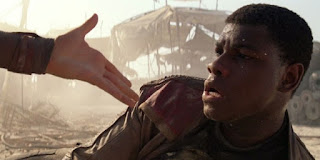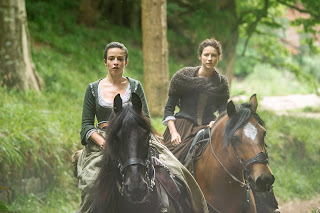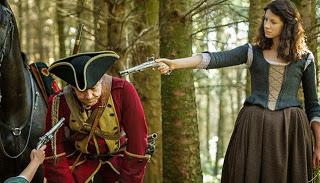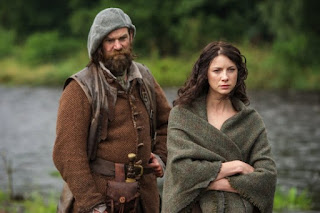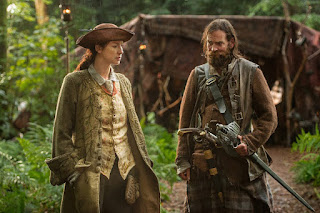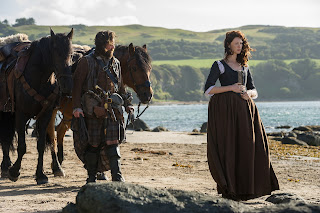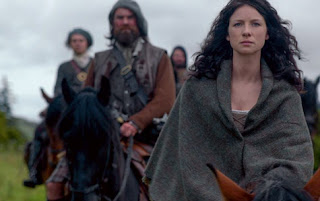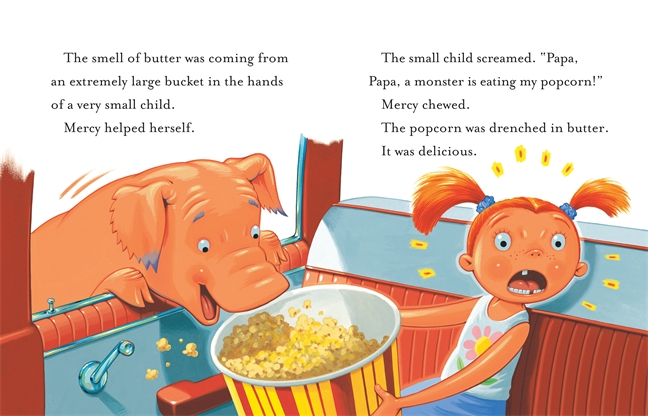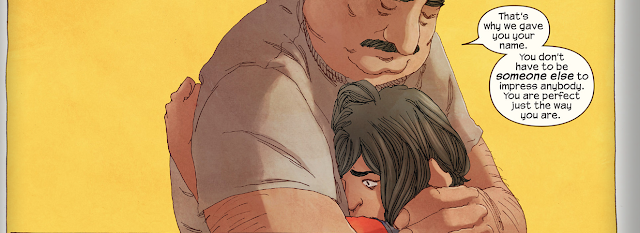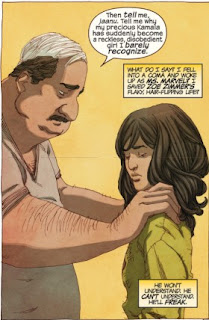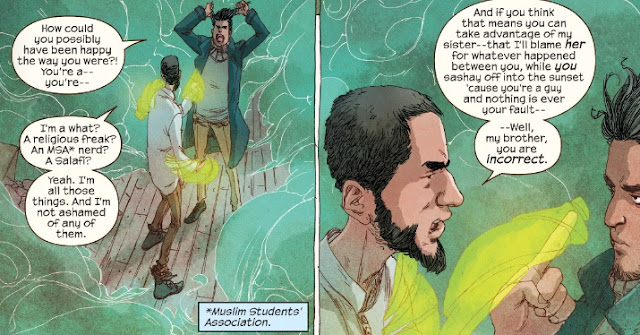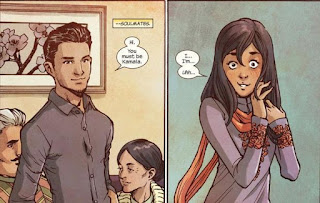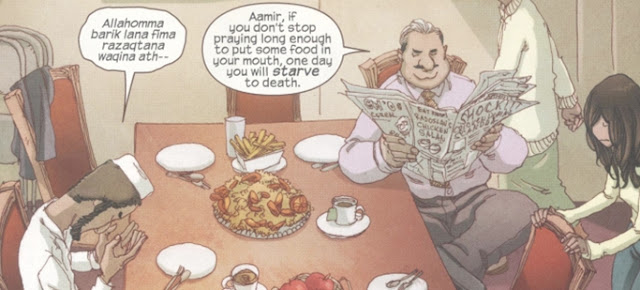| Oh to never be sixteen again. |
Today while I was getting ready to go out, I happened to stumble into a conversation with my mother and sister about our childhood, and it made me realize that I've never quite addressed it in whole. I've given all of you snippets and pieces here and there, but I've not gone into much depth on what my childhood was actually like, at least from a media standpoint. So that's what we're going to talk about today. Grab your britches and bear down*, because we're getting personal.
I've mentioned this before, and I'm sure it'll come up again, but I don't think in the grand scheme of things that my childhood was probably all that different than yours. Everyone has facets of their past that are weird and unique, but when we average them all together, we're much more alike than we realize. As a child I was roughly aware of this, but in the way of most kids, I vacillated between assuming everyone else was exactly like me or thinking I was the specialest snowflake ever.
The truth is, of course, somewhere in between. I'm a millennial and I was born into a nuclear family of statistically average size in the late 1980s. We are white, middle-class Americans who live in New England. When I was growing up we had a dog and two cats. My sister and I did not share a room because our parents didn't want us to fight. We went to Sunday school every week until I was in high school**. And my father read us stories every night before we went to bed.
I generally tend to assume that at least some of this is relatable to you. Probably not all of it, but I'd bet at least a little resembles your childhood and a little bit doesn't. That's fine.
The part I want to focus on is that last bit. My father read to us every night before we went to bed. On the surface this is a really simple statement, but it turns out that this fact is actually one of the main foundations of my life. See, my parents were very intentional about having children and they put a lot of thought into how they raised us. While I don't love all of the choices they made, I do have to admit that, looking at my sister and I, they did a pretty good job. One of the choices I really genuinely like, though, was the decision to emphasize reading and stories.
No matter what was happening emotionally in the family, no matter the stress or tension or tantrums or illnesses that had hit us that day, at a certain point in the evening, everything was put aside so that Dad could read to my sister and I. We each had our own book we were reading with him, but we'd generally sit on the edges and listen anyway. At least, that's what I did. So growing up I got to hear stories picked just for me, and I got to hear stories that were a few years ahead of me, just out of my age and comprehension level.
More than that, though, this cemented stories for me as something that you can use as a form of communication and emotional connection. Stories always brought us together. There are stories that everyone in my family holds dear together. While my mother wasn't the one reading to us, she was always there. Together we heard my father read us The Little House on the Prairie books and Little Women and Jeeves and Wooster and The Chronicles of Narnia and Anne of Green Gables. We'd all sit as a family and listen, soaking up these stories.
So it's little wonder that I became a prolific reader. Granted, I didn't have a whole lot of choice in the matter. While my father did read to us every night (and I seriously mean every night), there were also other ways in which reading was emphasized in my household. The main one was that aside from reading there just wasn't a whole lot to do.
Have to go with Mom while she has a work appointment? Read in the car. Have to go to church and then sit through a two hour meeting afterwards? Better bring a book. Going to Grandma's for dinner? Yesssss, the one time in the week to watch cartoons! But you'd better bring a book in case the TV isn't working.
My childhood was defined not just by reading but by a general lack of anything much else to do.
This is not to make it sound like we were deprived, by the way. I personally think that I turned out just fine. My parents made a conscious choice to limit our contact with television and movies, and while I have completely turned on that in my adult career, I don't think it was a bad plan.
We certainly still got a good film education. The local library got to know us very well, both for our voracious book appetites and for our tastes in movies. Our town has a book exchange that allowed my sister and I to constantly be rummaging for more reading material to take home. And our house encourage and practically demanded reading. Our entire second floor hallway is a floor to ceiling bookshelf. If I as a child wanted to know more about Egyptian art or how to rig a sailboat, all I had to do was pull down a book and find out.
What I'm saying is not that my childhood was any better or worse than yours, just that it was probably different in some ways. My family loves books, and I love stories because in a big way I was programmed to. There was no escaping it for me, and I don't mind. While my father did eventually stop reading to my sister and I, I kept it going for as long as I could. It wasn't until I was well into high school that we finally quit. By then, we'd worked our way through just about every appropriate series available and even moved onto reading nonfiction books together, from theology to micro-histories. Heck, sometimes we still do it now too.
I guess there are a couple of reasons I'm bringing this up now. The first is simply that having my sister around reminds me of how I wasn't made in a vacuum. I didn't come out of the womb loving stories, but it's also not something that was spontaneously geminated in me one day. My parents put a lot of work into making us love books and stories, and it paid off.
| My high school job? Junior librarian. |
The third reason, though, is more specific to this website. Sometimes when I talk to you guys, one on one, one of you will mention that you don't read all the articles or that you feel like I move through media and stories much more quickly than you do. And there's an implication in that that suggests I'm better or more virtuous because I've read all these books and seen all these television shows and I'm so informed about all of these things. I've had people straight up apologize to me for not knowing all the references I make.
In no small part, the reason I'm telling you all of this is to explain why I know what I know. I don't expect any of you to have the same background I do. If you do, great! We should compare notes! But if you don't, that's fine. There are probably amazing ways that your childhood prepared you for life that mine completely missed. My ability to read a book a day isn't some superhuman capacity or a virtue of the soul. It's just that I read a lot as a kid because there wasn't anything else to do. Well, that and when I was ten my mother taught me how to speed read.
I'm telling you this because I want you to understand that I don't want to take pride in my pop culture savvy. I know a lot of things, that's very true. I'm a huge nerd. I like learning and reading and taking classes and knowing stuff. But I know that I like that because my childhood wired me that way. Some of it's personality and some of it is just a very specific environment. I'm the over-educated daughter of two people who really value education. Reading was a priority for us. It was always assumed that I would go to college. I am very very very privileged in that way, and I know that.
So consider this my explanation. My admission of privilege. I am white and from a middle-class family and I have educated parents. My childhood was very privileged in a lot of ways. Most specifically, I was privileged to have a family that encouraged my curiosity, my intelligence, and my mad reading skills. Not everybody gets that, and I never want you to feel like I'm looking down on you for not having the same background I did.
And I think it's important for me to remember that a lot of this is not my doing. My intelligence is much less something I can take credit for than a product of my upbringing. It's hard to admit that you aren't ultimately responsible for your own success, but in my case it's really not my doing. Anyway.
I talk a lot about my childhood in these kids' media related articles. It seemed time to give all of you a more concentrated look at how media shaped my childhood. Granted, this is still just a little taste of it. I haven't even gotten into the great high culture vs. low culture wars that characterized middle school. But for now I'll leave you with this: for better or worse, my parents and my childhood have shaped me into the person I am today. I'm okay with this. I happen to think that I'm pretty cool.
Chances are, your childhood and your parents have also shaped you into the person you've become. Whether that was a good or bad experience, whether they loved reading or never let a book inside your house, whether you knew them or not, I just want to say that I think you're pretty cool too.
That's all.
*I need to stop making up folksy sayings on the spot as they always end up kind of poop-related.
**I might have gotten a little bit banned when I was fifteen.




